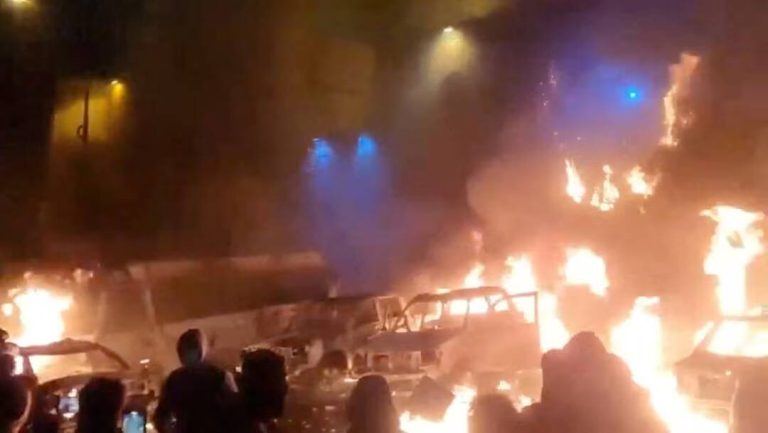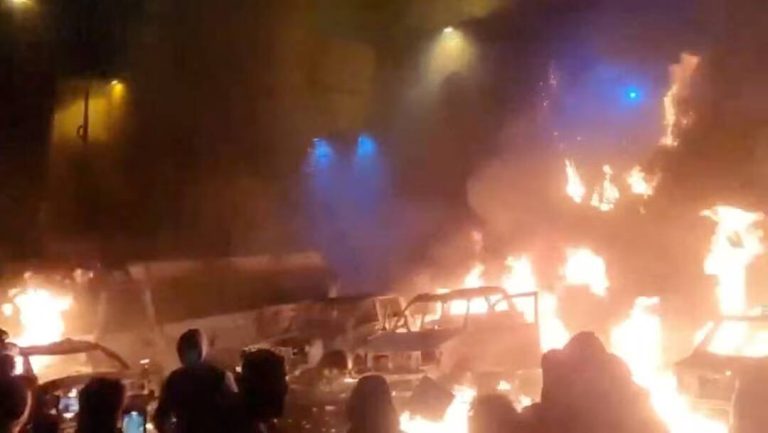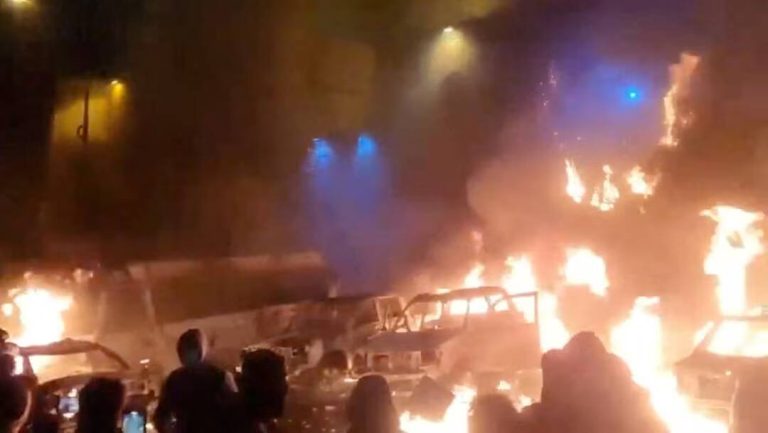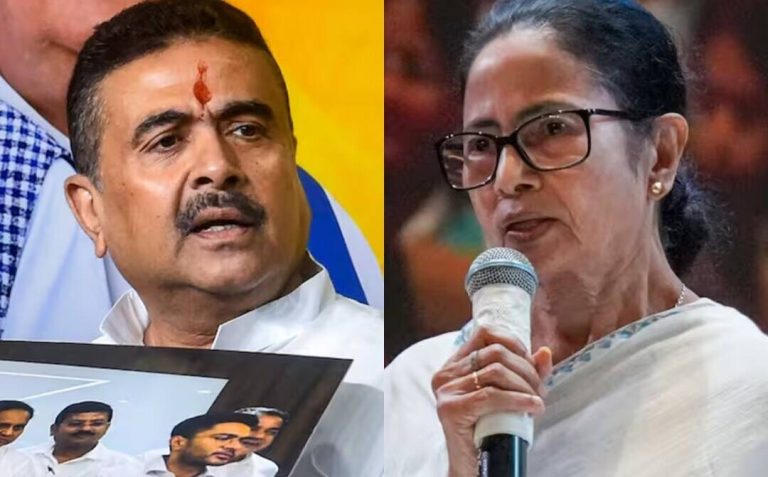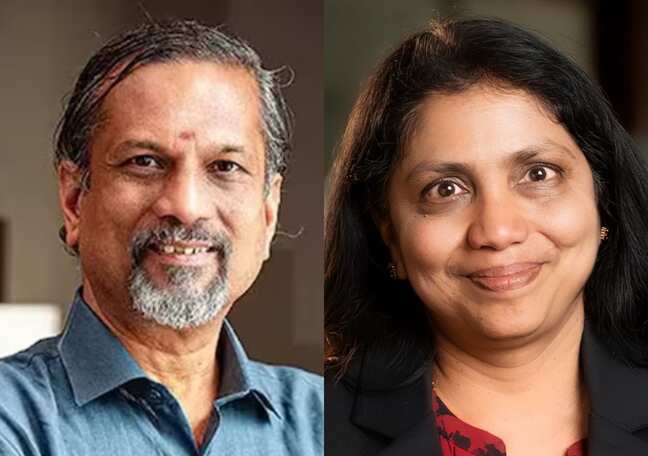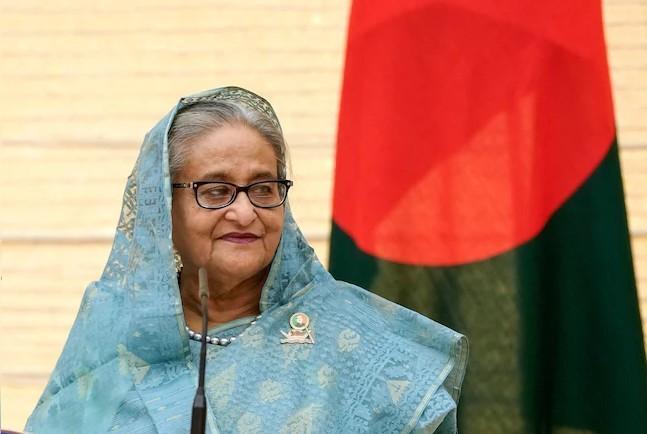
I don’t care about verdict, Allah gave life & he will take it: Sheikh Hasina
In a bold and defiant statement, ousted former Bangladesh Prime Minister Sheikh Hasina has expressed her indifference to the upcoming verdict of the International Crimes Tribunal, scheduled to be announced on Monday. The tribunal has been investigating allegations of war crimes committed during the Bangladesh Liberation War in 1971, and Hasina is one of the key figures facing trial. Despite the gravity of the situation, Hasina remains steadfast in her faith, saying “Allah gave me life, Allah will take it…I’ve lost my parents, my siblings, and they burnt down my home.”
These words, spoken with conviction and courage, reflect the unwavering resolve of a leader who has faced numerous challenges and tragedies throughout her life. Hasina’s family has been a victim of brutal violence, with her father, Sheikh Mujibur Rahman, being assassinated in 1975, along with most of her family members. Her home was also burnt down, leaving her with nothing but the memories of her loved ones.
In the face of such adversity, it is remarkable that Hasina has emerged as a strong and determined leader, dedicated to fighting for justice and democracy in Bangladesh. Her words, “I’ve lost my parents, my siblings, and they burnt down my home,” are a poignant reminder of the sacrifices she has made for her country and her people.
Hasina’s son, Sajeeb Wazed, has also spoken out about the tribunal, expressing his concerns about the potential outcome. He believes that the tribunal is likely to sentence his mother to death, a verdict that would have far-reaching consequences for Bangladesh and its people. Wazed’s statement highlights the gravity of the situation and the high stakes involved in the tribunal’s decision.
The International Crimes Tribunal was established in 2009 to investigate and prosecute individuals accused of committing war crimes, crimes against humanity, and genocide during the Bangladesh Liberation War. The tribunal has been criticized by some for its slow pace and lack of transparency, but it has also been seen as an important step towards accountability and justice for the victims of the war.
As the verdict approaches, the people of Bangladesh are holding their breath, waiting to see what the future holds for their country and its leaders. The outcome of the tribunal will have significant implications for the country’s politics, economy, and social fabric. It is a moment of great uncertainty and anxiety, but also a moment of great opportunity for Bangladesh to move forward and build a brighter future for its people.
In the midst of this uncertainty, Sheikh Hasina’s words are a beacon of hope and resilience. Her faith in Allah and her commitment to her people are an inspiration to many, and a reminder that even in the darkest of times, there is always a way forward. As the world watches the developments in Bangladesh, it is clear that the country is at a crossroads, and the path it chooses will have far-reaching consequences for its people and the world at large.
In conclusion, Sheikh Hasina’s statement is a powerful reminder of the human spirit’s capacity for resilience and courage in the face of adversity. Her words, “Allah gave me life, Allah will take it,” are a testament to her unwavering faith and her commitment to her people. As the verdict of the International Crimes Tribunal approaches, the world is watching with bated breath, waiting to see what the future holds for Bangladesh and its leaders.
